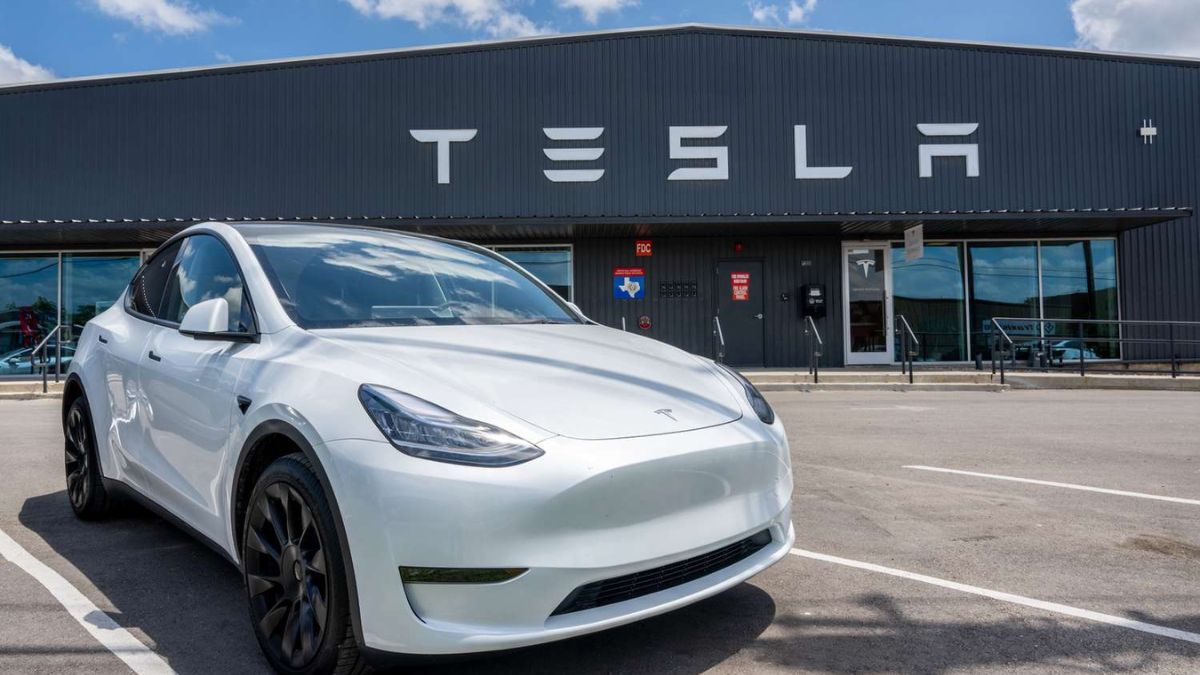The first quarter of the year proved to be a rocky road for Tesla, with the electric vehicle giant experiencing a significant downturn that has left investors and analysts on edge, particularly in anticipation of its forthcoming delivery numbers.
During the initial three months of 2024, Tesla’s stock plummeted by 29%, marking its worst quarterly performance since the end of 2022 and ranking as the third-worst quarter since the company’s IPO in 2010. Notably, Tesla also emerged as the biggest loser in the S&P 500 during this period.
One of the primary concerns gripping Wall Street is Tesla’s core business, especially as the company gears up to report its first-quarter vehicle production and delivery figures. Despite offering price cuts and incentives to entice buyers throughout the quarter, analysts remain cautious, with even bullish forecasts predicting sluggish results.
Analysts’ estimates for first-quarter deliveries vary, with an average expectation of around 457,000 deliveries, representing an 8% increase from the previous year. However, some analysts express more pessimistic views, with projections ranging from 414,000 to 511,000 deliveries, and even lower estimates from independent industry researchers.
Here are four key factors contributing to Tesla’s challenging first quarter:
- Intensifying Competition in China: In China, Tesla faces fierce competition from a growing array of fully electric vehicles, including models offered at lower price points than Tesla’s offerings. Competitors like BYD and Xiaomi are gaining traction with affordable electric vehicles, prompting Tesla to slash prices in response. Despite these efforts, Tesla’s sales in China experienced a decline, leading to production cutbacks at its Shanghai factory.
- Disruptions in Europe: Tesla encountered disruptions in Europe due to supply chain challenges stemming from Red Sea attacks and environmental protests in Germany. Attacks on shippers and protests near Tesla’s factory in Brandenburg disrupted production operations, underscoring the company’s vulnerability to external disruptions.
- Product Lineup Challenges: With EV sales growth slowing globally, Tesla’s product lineup, particularly the Cybertruck, is facing scrutiny. Despite early deliveries of the Cybertruck, Tesla acknowledges that its financial impact will likely be minimal in 2024, emphasizing the need for new products to sustain growth. However, Tesla’s new platform, including the anticipated “Model 2,” is still in the developmental stages, leaving the company reliant on existing models.
- Leadership Controversy: CEO Elon Musk’s controversial statements and political activities have drawn attention and criticism, potentially alienating some of Tesla’s customer base. Musk’s interactions with former President Donald Trump and his divisive rhetoric on social media have raised concerns among shareholders, adding to the company’s challenges.
Despite these headwinds, some investors remain optimistic about Tesla’s long-term prospects, viewing the recent stock decline as a buying opportunity. However, uncertainty looms over Tesla’s ability to navigate its operational challenges and maintain its position in the increasingly competitive electric vehicle market.


